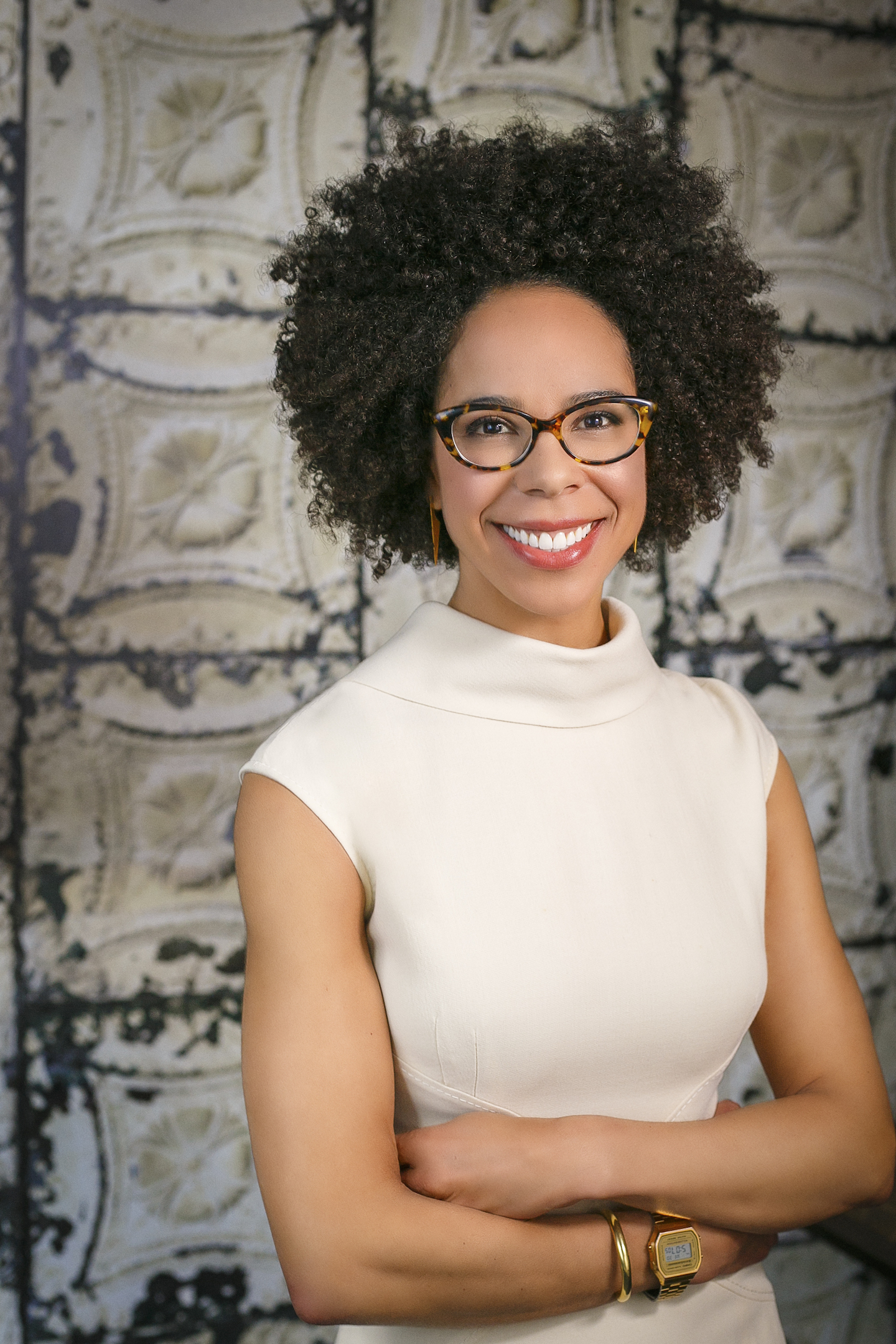Scientist, ocean conservationist and social entrepreneur Dr. Ayana Elizabeth Johnson tells Brunswick’s Preston Golson and Liz Dahan about corporate action and transparency needed in the climate crisis.
"I guess i don’t have any cute jokes about climate change,” says Dr. Ayana Elizabeth Johnson, founder and CEO of nonprofit conservation consulting group Ocean Collectiv. “Some off-the-cuff dark-humor moments, for sure.”
Point taken. Comedy doesn’t exactly flow out of the topic. In our conversation, she describes major cities woefully unprepared for a sea-level rise of six feet or more, with storm surges on top of that; hundreds of millions of climate refugees; and the possible extinction of the entire global coral reef ecosystem.
Still, an opportunity for levity isn’t one a vibrant conversationalist like Dr. Johnson can easily pass up.
“I am actually working on a TED Talk and there are some jokes in there,” she says. “One of them: Speaking as both a marine biologist and a single person, I can tell you, there actually aren’t that many fish in the sea.”
Not yet 40, Dr. Johnson is much more than a marine biologist. Formerly executive director of the Waitt Institute, she co-founded and led the fast-growing Blue Halo Initiative. Launched in the Caribbean, Blue Halo coordinates expertise in coastal societies to create sustainable ocean practices, simultaneously supporting at-risk coastal ecologies and local economies. In Barbuda, Blue Halo’s years of research and public discussions ultimately resulted in ocean management regulations that were signed into law in 2017. The program has expanded to Curaçao and Montserrat, with other partnerships as remote as Vava‘u in the Pacific.
In 2017, she founded Ocean Collectiv, whose experts advise foundations, nonprofits and corporations on ocean conservation and the implications for social justice. More recently she launched the Urban Ocean Lab, a think tank for the problems facing coastal cities.
Along the way, Dr. Johnson has become one of the leading public voices on climate change and environment issues, joining and supporting a cadre of scientists who together are redirecting the field toward the twin lights of conservation and social justice. And she is helping to train the next generation, through mentoring and courses she teaches at New York University.
Yet she remains a marine biologist at heart—one who likes to “geek out” on Twitter over reports of newly uncovered fish fossils and octopus trivia. She spoke to us about the responsibilities of business in the face of the world’s climate crisis and the many other threats to ocean resources.
How do you prioritize the many challenges facing the planet’s oceans?
In a way, it’s a bit of a red herring. Should we fight climate change? Or should we care about biodiversity? Or should we care about habitats? Or should we care about food security? They’re all interconnected.
I just look at where I can be most useful.
We’re in this crazy time where it has to be all of the above and all hands on deck. From a business perspective, thinking of solutions as having some specific competitive advantage is the wrong approach. It should be more like, what unique skills or assets does a company have that can contribute to solutions? Whether that is platform, or market share, or shifting corporate practices, or influencing policy.

